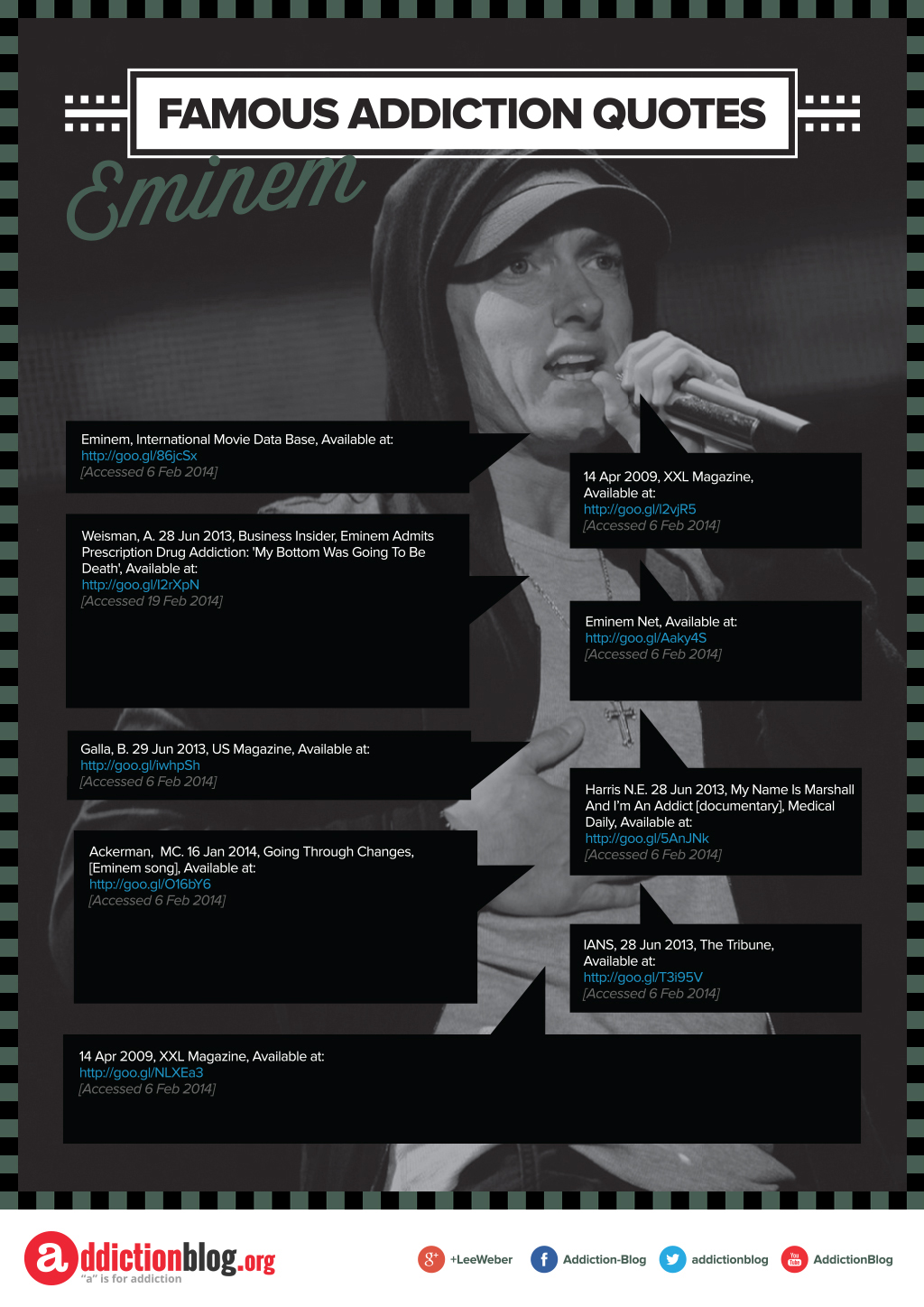Utilize The Interconnected Influence Of The Mind, Body, And Spirit In Rehabilitating From Drug Dependency For A Transformative Experience Towards Holistic Health
Utilize The Interconnected Influence Of The Mind, Body, And Spirit In Rehabilitating From Drug Dependency For A Transformative Experience Towards Holistic Health
Blog Article
WhiteSands outpatient alcohol rehab Florida Produced By-McCurdy Broussard
When it comes to Drug rehab, integrating alternative approaches that attend to the mind, body, and spirit can offer a much more extensive course to recuperation. By concentrating on these interconnected elements, individuals can tap into a deeper level of recovery past simply the physical symptoms of addiction. This multi-faceted strategy intends to produce an extra well balanced and lasting recuperation journey, but how specifically do these parts work together to support lasting adjustment? Allow's explore the intricate connections in between mind, body, and spirit in the realm of Drug rehab and exactly how they contribute to an alternative technique to healing.
The Mind: Mental Healing Methods
To attend to psychological healing in Drug rehabilitation, specialists typically utilize cognitive-behavioral therapy. This approach focuses on recognizing and transforming adverse thought patterns and behaviors that contribute to substance abuse. Via cognitive-behavioral treatment, you can discover to recognize triggers that cause drug use, establish dealing techniques to handle cravings, and build much healthier methods of thinking and behaving.
Along with cognitive-behavioral therapy, specialists may also integrate mindfulness practices into your Drug rehabilitation program. Mindfulness involves being completely present in the moment without judgment, allowing you to observe your ideas and sensations without reacting impulsively. By practicing mindfulness, you can enhance self-awareness, control emotions, and minimize stress and stress and anxiety connected with addiction.
Moreover, therapy sessions might include checking out past traumas or underlying problems that contribute to drug abuse. By dealing with these root causes, you can obtain a much deeper understanding of your habits and feelings, paving the way for resilient psychological healing in your trip in the direction of recuperation.
The Body: Physical Health in Recovery
Physical wellness in healing is important for recovering your body's health and vigor after substance abuse. When you were using drugs or alcohol, your body most likely experienced a lot of stress and damages. Now, as you start your journey to recovery, focusing on physical health is necessary for your total wellness.
One key facet of physical wellness in recovery is developing a healthy routine. visit the next website consists of getting regular exercise, consuming nutritious meals, and focusing on rest. Workout not only assists your body physically by enhancing toughness and endurance yet also has psychological wellness advantages, such as reducing stress and anxiousness.
Correct nourishment is essential for fixing the damages triggered by drug abuse and giving your body the nutrients it needs to function efficiently. Additionally, getting an adequate amount of rest is essential for your body to heal and charge.
The Spirit: Nurturing Inner Strength and Connection
Supporting your self-confidence and promoting connections with others play important roles in your journey to recovery from drug abuse. Cultivating your spirit involves discovering methods that feed your soul and provide a sense of function. Participating in tasks like reflection, yoga exercise, or petition can assist you connect with your inner self, cultivating self-awareness and psychological healing. These methods can also assist in decreasing anxiety and anxiousness, advertising a sense of tranquility and balance within you.
In addition, constructing links with others that support your recovery trip is essential. Bordering on your own with favorable impacts and a solid support system can help you remain motivated and accountable. Joining group therapy, support groups, or participating in community tasks can help you feel linked and understood, lowering feelings of seclusion and loneliness.
Conclusion
Generally, discovering alternative techniques to Drug rehabilitation that deal with the mind, body, and spirit can bring about comprehensive recovery and resilient healing.
By integrating approaches like cognitive-behavioral treatment, mindfulness practices, physical wellness, and supporting the spirit, individuals can locate inner strength, emotional policy, and purpose in their journey towards sobriety.
Keep in mind, healing is a process that entails all facets of your being, so embrace these all natural techniques for a brighter, much healthier future.
